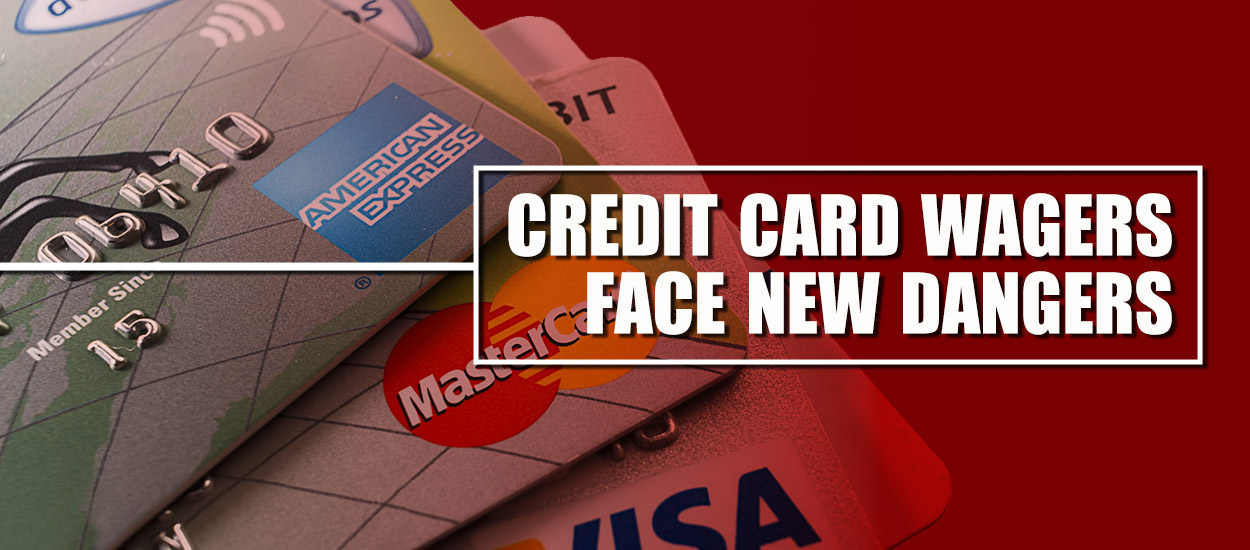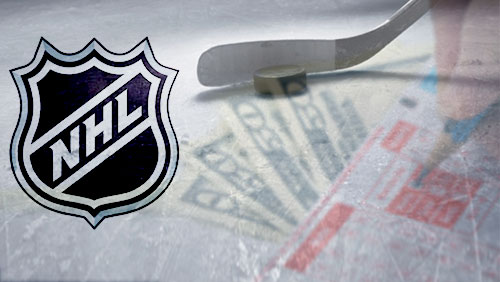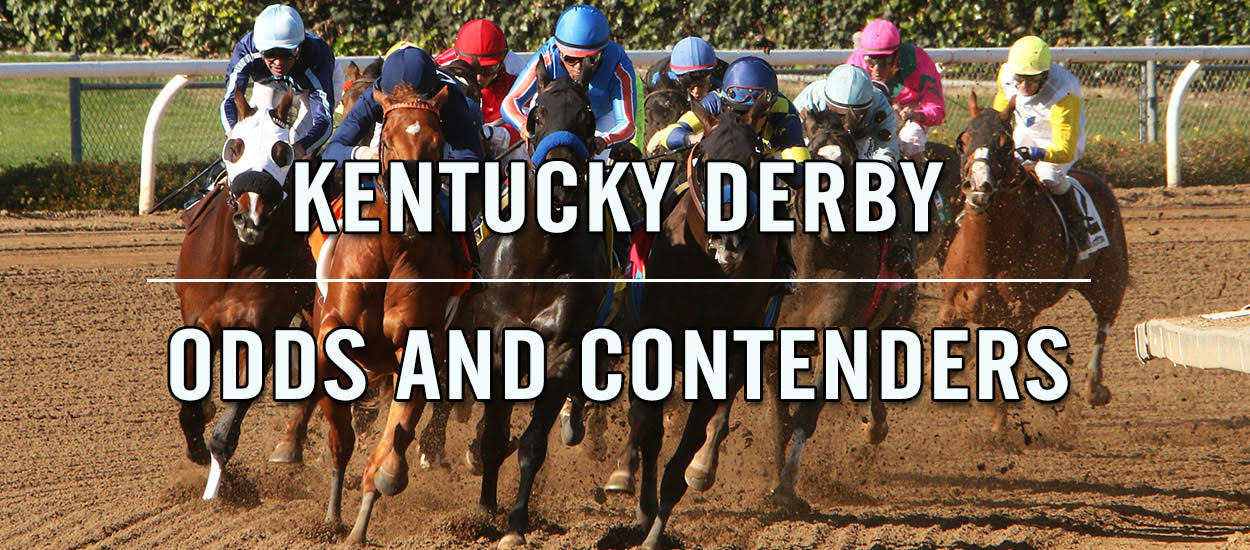Technical issues continued to plague GambetDC, Washington’s online entry to the legal sports gambling market, over its first weekend of operation. A number of people reported that the site’s geolocation service has been unable to properly pinpoint their locations within the city’s borders.
GeoComply, the company providing geolocation services for GambetDC, issued a tweet Sunday evening showing the areas in the city where sports gambling via GambetDC is prohibited: federal property and the areas surrounding the city’s stadiums, whose owners plan to unveil their own sports gambling operations. But GeoComply also noted that people “in close proximity” to those areas also might not be allowed to bet.
An FAQ page on GambetDC’s website adds that users “less than a half a mile from the District’s border … may be blocked from play using GambetDC and will need to move further away from the border and try again.” Still, people looking to place wagers from central portions of the city also encountered problems.
In another tweet, GeoComply said “players are able to successfully [geolocate] from within DC,” which was confirmed by Nicole Jordan, director of marketing and communications for the D.C. Lottery. She said in a telephone interview Monday that GambetDC’s geolocating technology is “actually working as intended.”
“It’s not really a problem,” she said. “The geosensing technology is programmed to be really strict at launch.”
Jordan said Washington faces some of the “most complicated location-based restrictions” because of its status as the nation’s capital, because it has a large amount of federal land (upon which gambling is prohibited) and because the city has carved out two-block areas around the stadiums to allow team owners to develop their own sports gambling operations. She also said geolocation will improve for people who live near the city’s borders as the system continues to be used.
“As we get more information from users — it’s being collected and will continue to be collected in the upcoming weeks — the buffer zones, particularly around the D.C. borders, will gradually begin to be reduced and be refined” over the next few weeks, Jordan said, adding that such an “adaptive process” happens for all launches of mobile sports gambling offerings.
“We want to err on the side of caution,” Jordan said. “We don’t want to be [illegally offering bets] in Maryland. So we made that buffer a little wider, and we’re adapting it as we speak.”
Jordan could not say how much money was wagered over GambetDC’s first four days because she did not yet have access to that information.
The D.C. Council legalized sports gambling in December 2018, joining a host of states that have allowed such wagers since the Supreme Court in May 2018 struck down the federal law that limited sports betting mainly to Nevada. But Washington’s efforts to get its sports gambling operations off the ground have been marred by controversy and bad timing. In July, the
Council awarded the sole-source contract for the service to Intralot, the Greek gaming company that also operates the city’s lottery. That led to a lawsuit against the city filed by a man who claimed the $215 million contract with Intralot violated federal law because District officials awarded it without competitive bidding.
The D.C. Lottery originally hoped to have its service up and running by last season’s Super Bowl but encountered delays. Then the novel coronavirus pandemic struck, shutting down nearly all of the world’s sporting events and leaving gamblers with little to wager on.
But with the sports world crawling back to life, GambetDC went live with what the D.C. Lottery described as a “soft launch” Thursday, offering wagers on such sports as German soccer and NASCAR. The site was criticized for its odds, which give the house an edge much bigger than most other gambling sites and make it more challenging for gamblers to win in the long run. Critics say such bad odds will drive dedicated sports gamblers to nearby states where such betting has been legalized, such as West Virginia, Pennsylvania and Delaware, or to illegal offshore operations.
West Virginia, Pennsylvania and other states offer mobile sports betting via a number of companies, including established operations such as DraftKings and FanDuel. Intralot will remain the only citywide mobile option in Washington. Eventually, sports gambling will be allowed in the city’s professional sports stadiums and at bars and restaurants that obtain a license from the city.
This article is a reprint from WashingtonPost.com. To view the original story and comment, click here.







































